Deep Dive: The Genetic Revolution, Unintended Consequences, and the Public Trust
Setup
New genetic technologies have the potential to cure disease, alleviate hunger, and lead a clean energy revolution. But with these powerful new possibilities come with a range of consequences and ethical questions. Such questions might in theory be addressed in interdisciplinary, transparent settings. But the current system of scientific discovery encourages siloed work from small teams working in isolation (and often in competition) — an approach that can lead to duplication and waste, but which could prove quite dangerous. After all, individuals are highly unlikely to recognize the broader consequences of their work without help from outside. But people who specialize in looking for these dangerous synergies often only find out about new technologies once they’ve already been developed and published, at which point it’s probably too late to meaningfully intervene. All of this takes place against a backdrop of public skepticism about genetic engineering and a belief that technologies often become available before their consequences are understood. So what should scientists do to build trust and get moral consensus around the scientific questions that will shape the future of life on earth?
Speakers
-
 Lee RainieDirector, Internet, Science, and Technology Research, Pew Research Ce...
Lee RainieDirector, Internet, Science, and Technology Research, Pew Research Ce... -
 Michael SpecterStaff Writer, The New Yorker
Michael SpecterStaff Writer, The New Yorker -
 Kevin EsveltAssistant Professor and Director, Sculpting Evolution Group, MIT Media...
Kevin EsveltAssistant Professor and Director, Sculpting Evolution Group, MIT Media... -
 Christina AgapakisCreative Director, Ginkgo Bioworks
Christina AgapakisCreative Director, Ginkgo Bioworks -
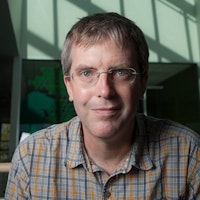 Drew EndyBioengineering Professor, Stanford University
Drew EndyBioengineering Professor, Stanford University -
 Alondra NelsonHarold F. Linder Professor, Institute for Advanced Study
Alondra NelsonHarold F. Linder Professor, Institute for Advanced Study -
 Nita FarahanyProfessor of Law and Philosophy, Duke University
Nita FarahanyProfessor of Law and Philosophy, Duke University -
 Hank (Henry) GreelyDeane F. and Kate Edelman Johnson Professor of Law and Director, Cente...
Hank (Henry) GreelyDeane F. and Kate Edelman Johnson Professor of Law and Director, Cente...
- 2017 Festival
- Technology
- Health
Explore More
Technology


The rapid development of the Covid-19 vaccine and the ramp-up of manufacturing and global distribution were unprecedented feats of medical coordination. But those on the insid...

Space… the final metaphor for the unknowable. But we are certainly trying to understand what goes on out there, and the more we learn, the more fascinating questions start to...

Since 2014, Aspen Ideas: Health has welcomed nearly 800 inspiring women leaders to our stages to share their bold approaches to better health. In honor of Women's History Mont...


Few working technology reporters have been around as long as Kara Swisher. The start of her career coincided with the emergence of the internet, and she’s interviewed almost a...

Our attitudes, habits, pleasures, and responsibilities shift across the generations, influencing the health challenges we face and how we respond to them. Expectations about h...

Setting audacious goals helps to redefine what is achievable in health, medicine, and science. As we deepen understanding of the human genome, unravel the mysteries of the bra...

As we wrap-up another year of elevating big ideas at Aspen Ideas: Health, we're excited to share the 15 most-watched sessions from the event. These conversations with inspirin...


New technologies have always led to changes in society, though not always as quickly or drastically as people feared. Could artificial intelligence be different? Instead of le...

In America, millions of people struggle with mental health including depression, anxiety, and more — all further exacerbated by living through a pandemic. The National Allianc...

The United States spends $4.3 trillion—almost one fifth of the nation’s GDP—on health care. As the scale of the medical enterprise expands, venture capitalists are pursuing th...

Today's kids are coming of age against a backdrop of political, social, technological and economic upheaval. While these circumstances are shaping a precocious generation that...

Advocates, healthcare providers, legislators, researchers, and venture capitalists are bringing the unique health needs of women to light – from vigorous policy debates on iss...

From the debate over reproductive rights to the epidemic of gun violence to the youth mental health crisis, this year's Aspen Ideas: Health sessions tackled many of today's mo...

The recognition that all things are connected is at once a scientific principle and a philosophical touchstone. Humans, animals, and the environment are intertwined in complex...
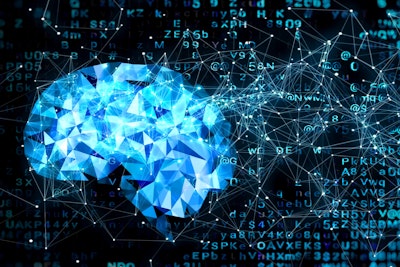
Everywhere you look, there’s a headline about the power of artificial intelligence and how it will impact our lives in ways we have not yet imagined. From advancing medicine t...
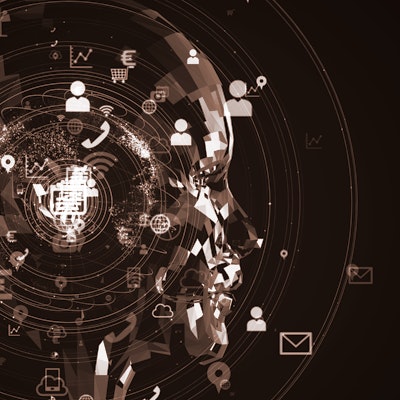
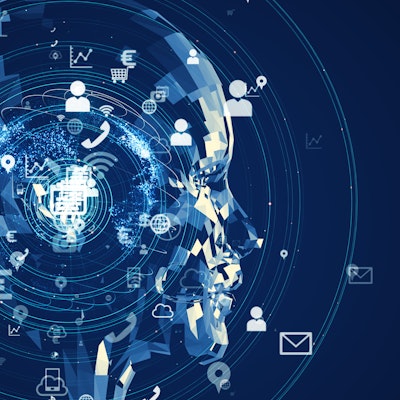
Where will artificial intelligence be in five years, or 10 or 20? What happens if the technology is regulated? And if it isn’t? How will it shape the world and the way we live...


Whether they publicly tout it or not, U.S. technology companies play a powerful role in politics, cultural issues and the way we live. Founder and investor Peter Thiel is one...
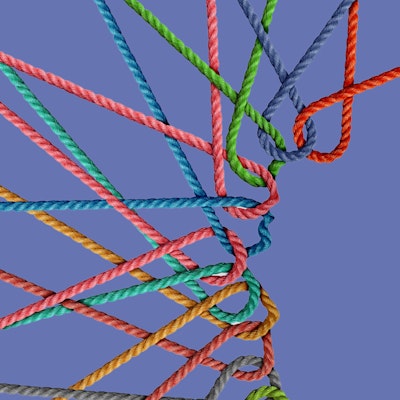
Our need for human connection is profound and deep. Yet, today, one in two adults are living with measurable levels of loneliness – and the numbers are even higher among young...

AI has the potential to create vibrant, inclusive communities as civil society organizations harness it to tackle inequality, industry leverages it to foster fairer practices,...

Why do some conversations succeed while others stumble? The neurology and psychology of communication offer surprising explanations for why human connection goes right or wron...





